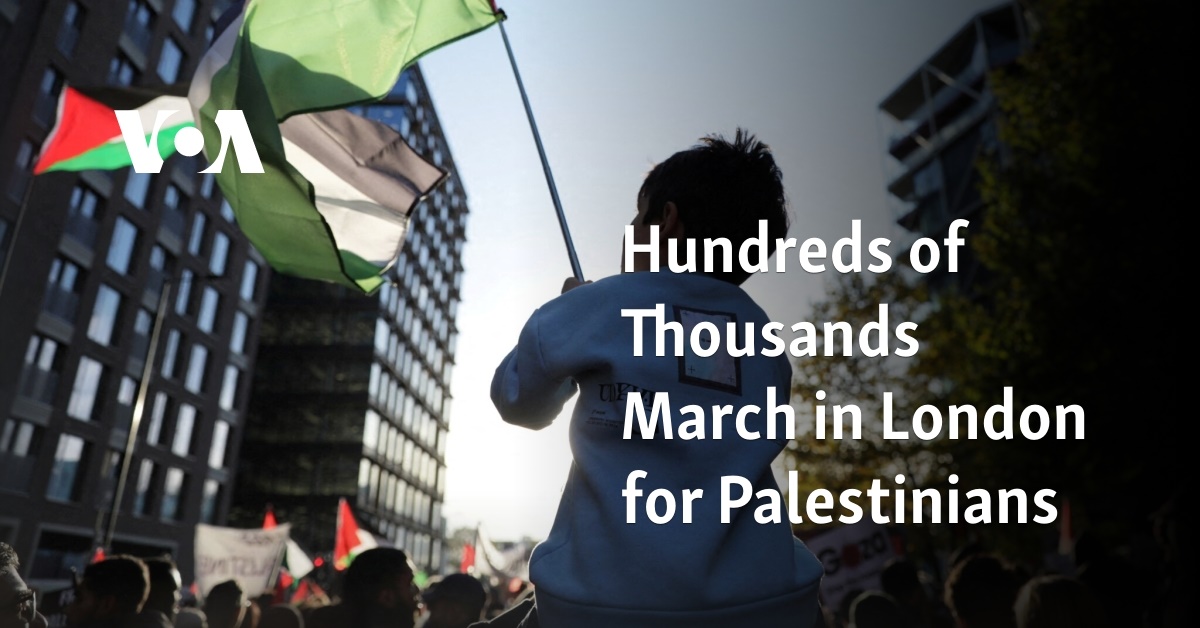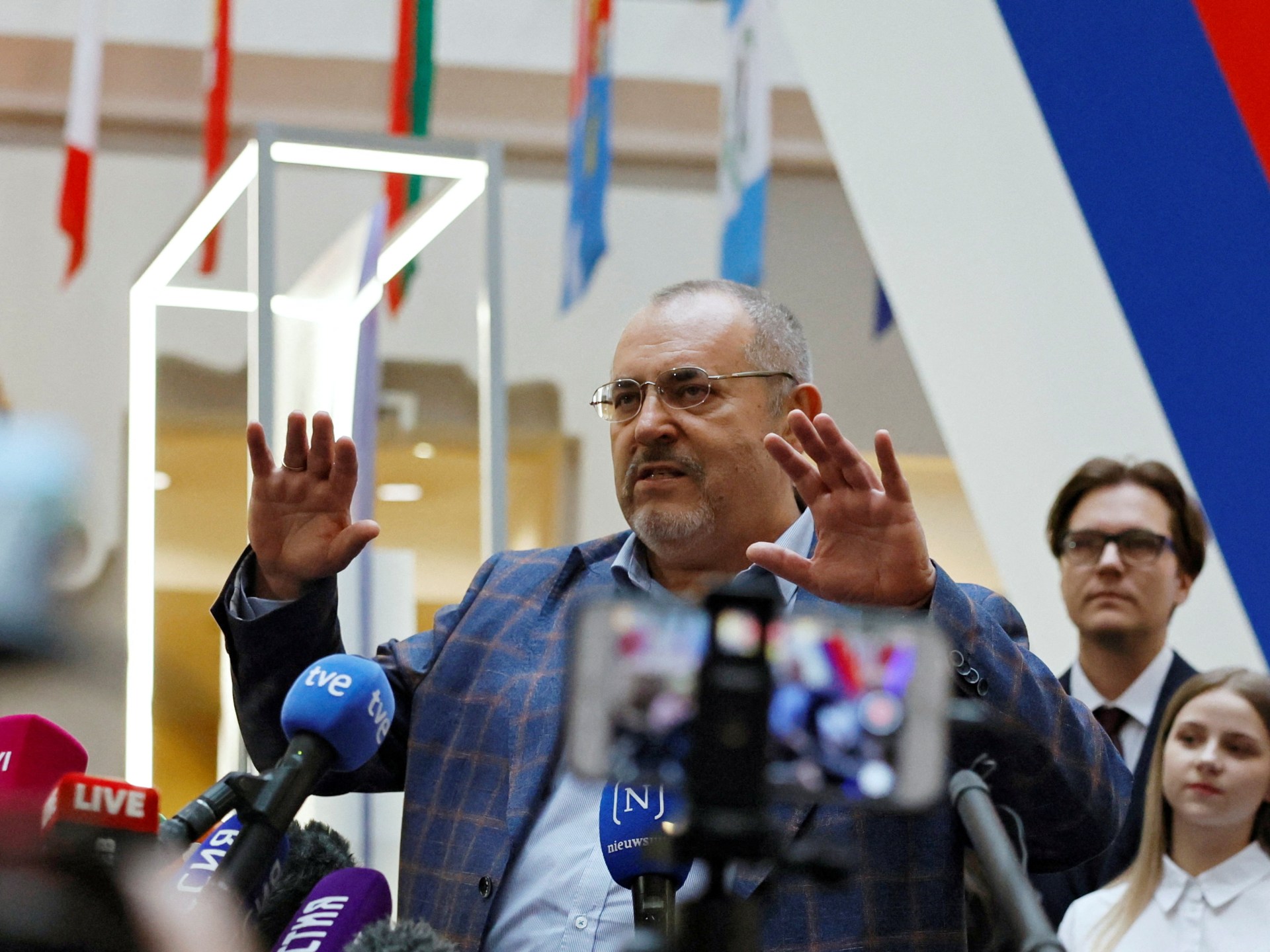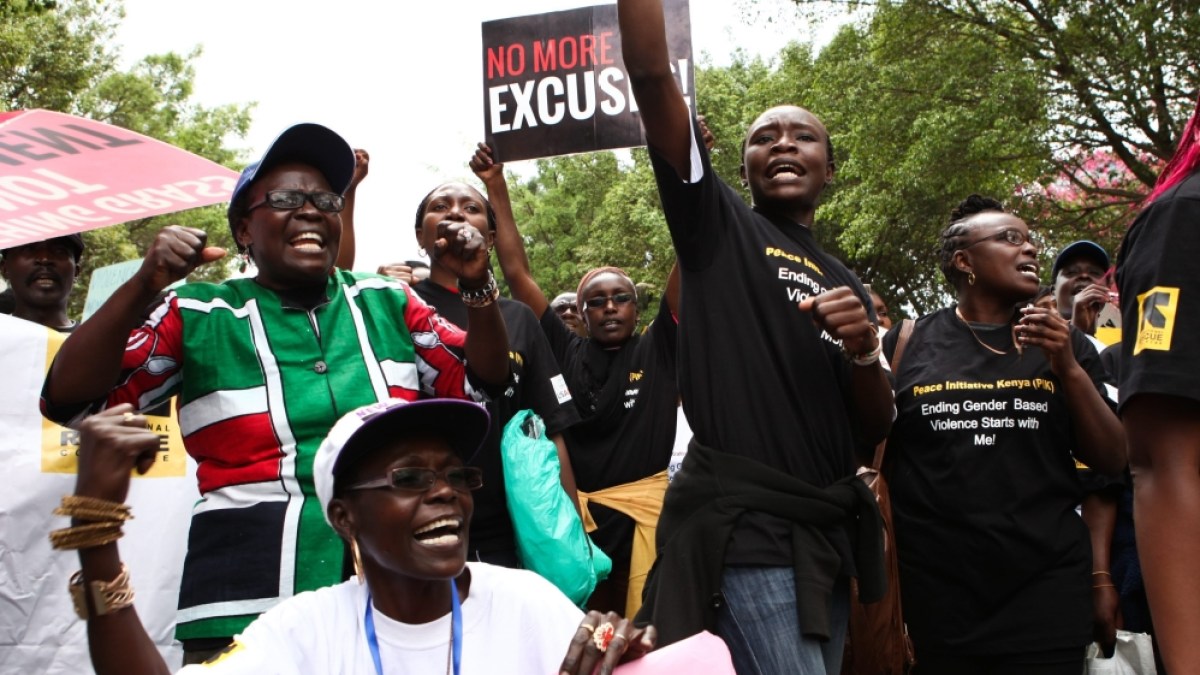
RAFAH, Gaza Strip (AP) — Israeli forces battled Palestinian militants in Gaza’s two largest cities on Monday, with civilians still trapped in the fighting even after hundreds of thousands fled to other parts of the besieged territory.
Israel has pledged to continue fighting until it removes Hamas from power, dismantles its military capabilities and returns all hostages taken by militants during Hamas’ surprise attack on Israel on October 7 that sparked the war.
The US has provided steadfast diplomatic and military support for the campaign, even as it has called on Israel to minimize civilian casualties and further mass displacement. The war has killed thousands of Palestinian civilians and forced nearly 85% of the territory’s 2.3 million residents from their homes.
Residents said there was heavy fighting in and around the southern town of Khan Younis, where Israeli ground forces opened a new line of attack last week, and fighting was still ongoing in parts of Gaza City and the established Jabaliya refugee camp in the northern Gaza Strip Gange, where large areas were reduced to rubble.
Radwa Abu Frayeh experienced serious Israeli attacks around the European Hospital in Khan Younis, where tens of thousands of people have sought shelter, according to the UN humanitarian office. She said a strike struck a house near her home late Sunday.
“The building shook,” she said. “We thought it was the end and we were going to die.”
Hussein al-Sayyed, who fled Gaza City with his three daughters at the start of the war, lives with about 70 others in a three-story house in the city and said they have been rationing food for days.
“For many days I only ate one meal a day to save food for the girls. They are still young,” he said. “I don’t know where to go. No place is safe.”
Hamas is believed to have suffered heavy casualties, but on Monday it fired a barrage of rockets that set off sirens in Tel Aviv. One person was slightly injured, according to emergency services Magen David Adom, and Channel 12 broadcast footage of a cratered road and damage to cars and buildings in the suburb.
Fears of permanent displacement
With very little aid reaching the Gaza Strip, Palestinians are suffering from severe shortages of food, water and other basic goods. Some openly fear that Palestinians could be driven out of the territory entirely in a repeat of the mass exodus from modern-day Israel during the 1948 war that accompanied its creation.
“It is expected that public order will soon completely collapse and an even worse situation could develop, including epidemic diseases and increased pressure for mass displacement to Egypt,” UN Secretary-General Antonio Guterres said at a forum in Qatar on Sunday.
Eylon Levy, an Israeli government spokesman, called claims that Israel intended to expel people en masse from Gaza “outrageous and false.” But other Israeli officials have discussed such a scenario, raising alarm in Egypt and other Arab countries that refuse to accept refugees.
At the same time, it is unclear when and whether Palestinians will be allowed to return to Gaza City and large parts of the north – where around 1.2 million people lived before the war – where entire neighborhoods have been razed to the ground.
Palestinians in Lebanon and the Israeli-occupied West Bank observed a general strike on Monday called by activists to demand a ceasefire after the United States vetoed a U.N. Security Council resolution calling for a ceasefire on Friday. A similar, non-binding vote is planned at the General Assembly on Tuesday.
HARD CONDITIONS IN THE SOUTH
Israel says it is trying to avoid harming civilians and blames Hamas for their deaths. It endangers residents by fighting in densely populated areas and positioning military infrastructure – including weapons, tunnels and rocket launchers – in or near civilian buildings.
Five soldiers were killed in a battle in the southern Gaza Strip on Sunday after militants fired at them from a school and detonated an explosive device, the military said. It said the troops, supported by aircraft and tanks, returned fire and killed the militants.
Forces operating in Jabaliya found a truck full of long-range missiles near a school and a rifle, two rocket-propelled grenade launchers and explosives in a house, the army said.
Israel has urged people to flee to supposedly safe areas in the south – and fighting in and around Khan Younis has pushed tens of thousands into the city of Rafah and other areas along the border with Egypt. But Israel has continued to attack suspected militant targets across the territory. Associated Press reporters on Monday saw nine bodies taken to a local hospital after an airstrike hit a house in Rafah overnight.
The aid group Doctors Without Borders said people in the south are also falling ill because they pack up in overcrowded emergency shelters or sleep in tents in open areas.
Nicholas Papachrysostomou, MSF emergency coordinator in Gaza, said “one in two patients” at a clinic in Rafah had a respiratory infection after prolonged exposure to cold and rain.
“In some emergency shelters, 600 people share a single toilet. We are already seeing many cases of diarrhea. Often children are the worst affected,” he said.
According to the Health Ministry in the Hamas-controlled area, the war is now in its third month and the Palestinian death toll in Gaza has exceeded 17,900, the majority of them women and children. The ministry does not distinguish between civilian and combatant deaths.
About 1,300 people have died on the Israeli side, most of them civilians killed during the Oct. 7 attack, in which Hamas and other militants also captured more than 240 people, including babies, women and older adults. More than 100 prisoners were released during a week-long ceasefire late last month in exchange for women and minors held in Israeli prisons.
According to Israel, Hamas still has 117 hostages and the remains of 20 people who died in captivity or in the initial attack. The Israeli casualty toll includes 104 soldiers who have died since the ground offensive in Gaza began in late October.
___
Magdy reported from Cairo. Associated Press writer Tia Goldenberg in Tel Aviv, Israel, contributed.
___
Complete AP coverage at https://apnews.com/hub/israel-hamas-war






Recent Comments